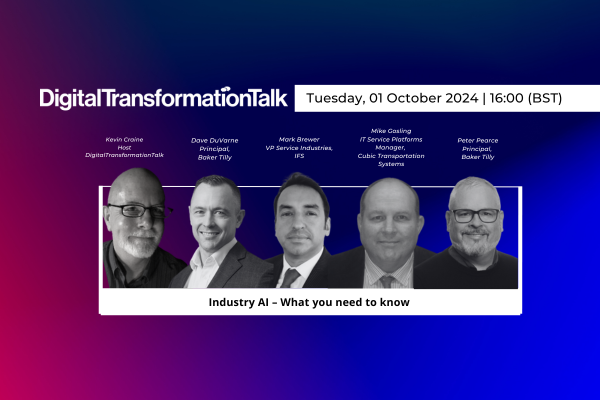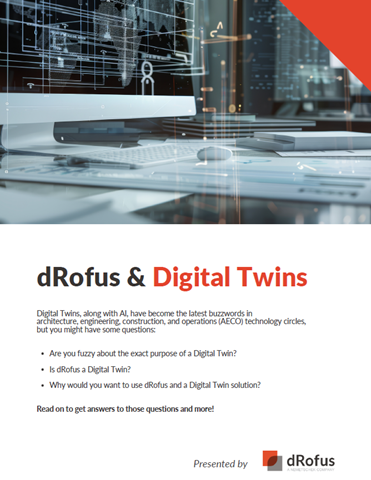AI: Innovate or regulate?

Attila Kecsmar at Antavo argues that the world has a choice to make when it comes to AI
Tech founders are walking a tight line between innovation and regulation following a burst of legislative developments around the world. Lawmakers need to strike the right balance between safeguarding and creativity to avoid stifling burgeoning businesses and inadvertently handing the AI development power to the tech giants.
Microsoft’s UK CEO has called the pace of AI change “breathtaking”, and it’s true that it’s blown the lid off what many ever imagined possible. For those startups creating new models they hope will catch the attention of customers and venture capitalists, it’s a competitive space. In the US alone, AI startups received $23 billion in funding last year. In Europe, it was closer to $9bn, although AI deals represented around a fifth of the total funding startups received in 2023.
The best and brightest founders from around the world are finding new opportunities for this technology every day. But legislators could soon be putting the brakes on the pace of development. We’re facing the prospect of a heavily regulatory environment that dramatically slows the pace of transformation.
There is consensus among most global leaders that AI needs regulating. What is lacking is an agreement about how to go about regulating it. But as leaders in the UK, US and even China debate where the regulatory lines should be, there’s a risk they’ll take too pessimistic a view of a technology that has the potential to change the world for the better, and curb progress before it’s even begun.
It was a concern even French President Emmanuel Macron raised before the EU passed its AI Act earlier this year. He warned the legislation could hamper the competitiveness of European tech companies. “We can decide to regulate much faster and much stronger than our major competitors,” he said, pointing to the US and China in particular, but adding a warning that legislation would end up preventing innovation.
A 2022 survey by the applied AI Institute for Europe found 50% of AI startups believe the Act will slow down innovation in Europe, and 16% were considering relocating (or stopping the development of AI altogether). Three out of four VCs questioned expected the AI Act to reduce the competitiveness of EU startups in AI. A more recent cost analysis by the Center for Data Innovation estimates that founders building systems deemed “high-risk” may have to pay up to €400,000 for conformity assessments alone.
Researchers also point out that the EU is using a broad definition of AI that will penalise innovative technologies that do not pose what it calls “novel risks”.
The AI Act will become enforceable from 2026. Almost every company developing, selling or using AI will have work to do in order to comply. For the startup ecosystem, founders could be left at a disadvantage compared to tech giants, such as Meta, Google and Amazon, that have the resources to jump through new hoops, or fight regulators in the courts. Innovators may be made to reveal valuable IP to comply with transparency rules, or be banned from using certain data to train their models.
Other regulatory requirements could put such a heavy burden on early-stage startups that it diverts much-needed resources away from product development.
I’m not sure the mitigations suggested by the European Union go far enough towards recognising the real challenges we face when disrupting our markets. It has promised to give SMEs and startups priority access to regulatory sandboxes and real-world testing to train AI models before they go live and earmarked additional funding they can apply for. But we’re still waiting for the details of changes that we’ll need to make with the legal framework of the Act. That uncertainty – six months after it passed – is not helpful.
AI has the potential to revolutionise our world for the better. But startups need the space, the funding, and the support from governments to get on with the job. We’ve only just begun to scratch the surface of AI’s potential.
Let’s not add unnecessary hurdles to what is already a challenging ecosystem to operate in. If we get this wrong, we’ll just be leaving AI in the hands of the Silicon Valley giants.
Attila Kecsmar is the CEO and co-founder of Antavo, the leading loyalty programme management software company
Main image courtesy of iStockPhoto.com and Dragon Claws

Business Reporter Team
Most Viewed
Winston House, 3rd Floor, Units 306-309, 2-4 Dollis Park, London, N3 1HF
23-29 Hendon Lane, London, N3 1RT
020 8349 4363
© 2024, Lyonsdown Limited. Business Reporter® is a registered trademark of Lyonsdown Ltd. VAT registration number: 830519543





